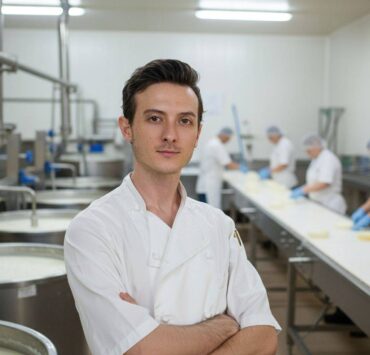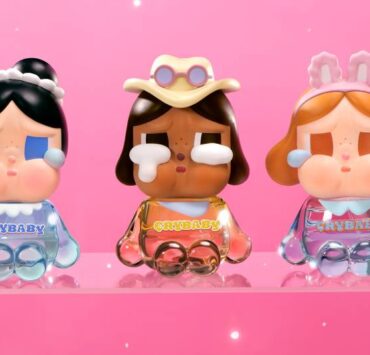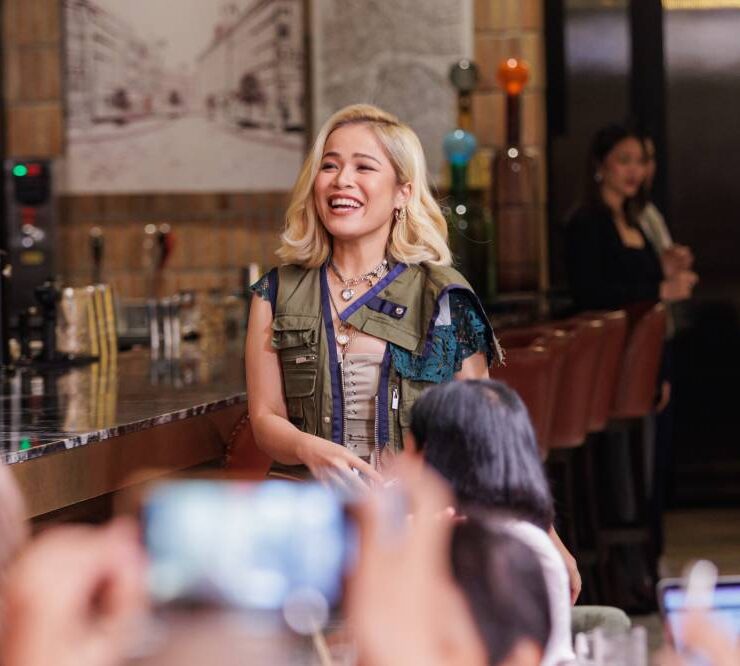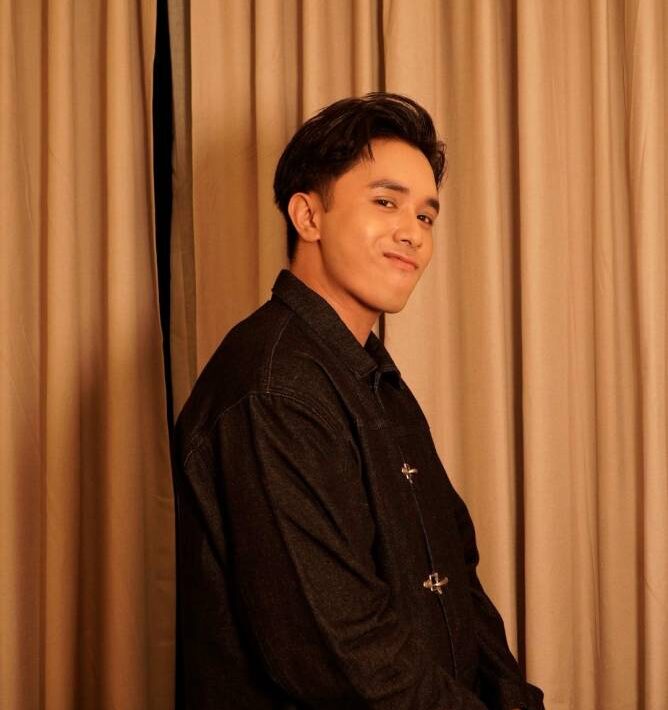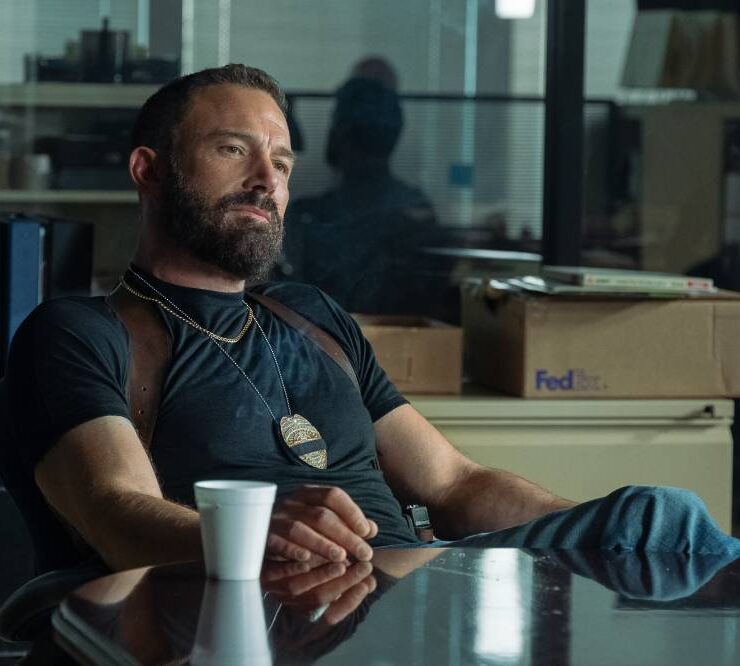Asian stories are taking center stage
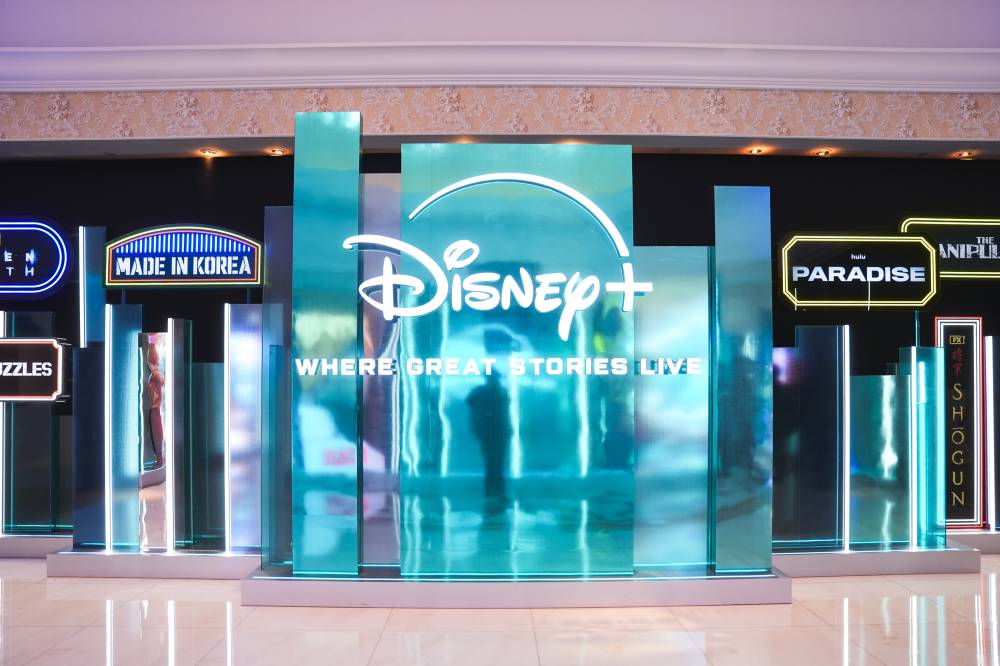
Last week, at Hong Kong Disneyland, Disney+ held a preview event for media, influencers, and content creators to share with the Asia Pacific region the brand new line-up of shows for 2026. It was an impressive all-day event with an incredible array of Japanese, Korean, and global series (I refuse to call them content) that is set to be released throughout next year.
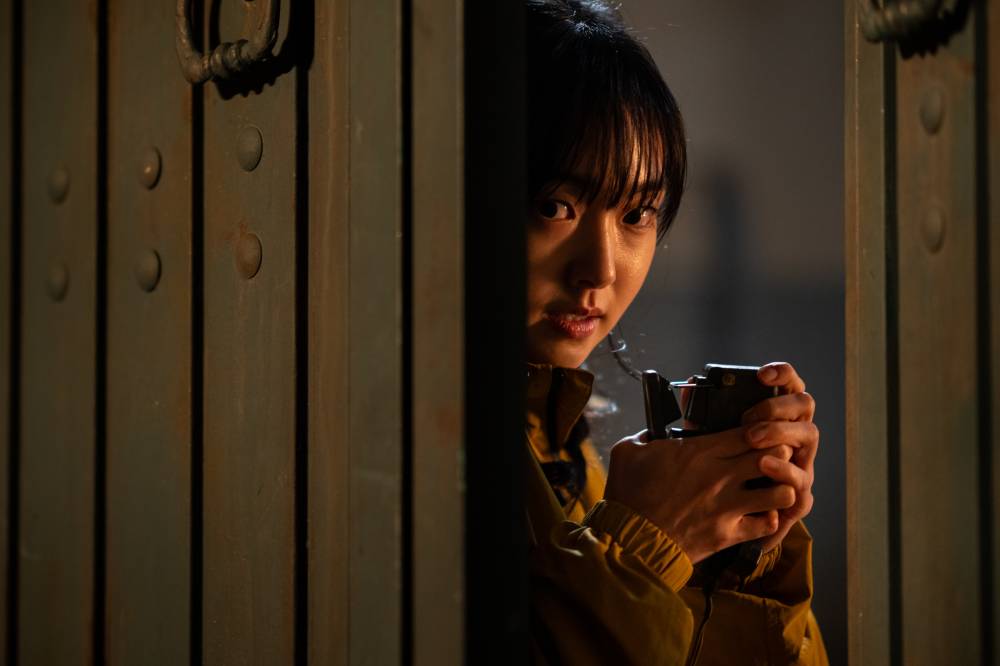
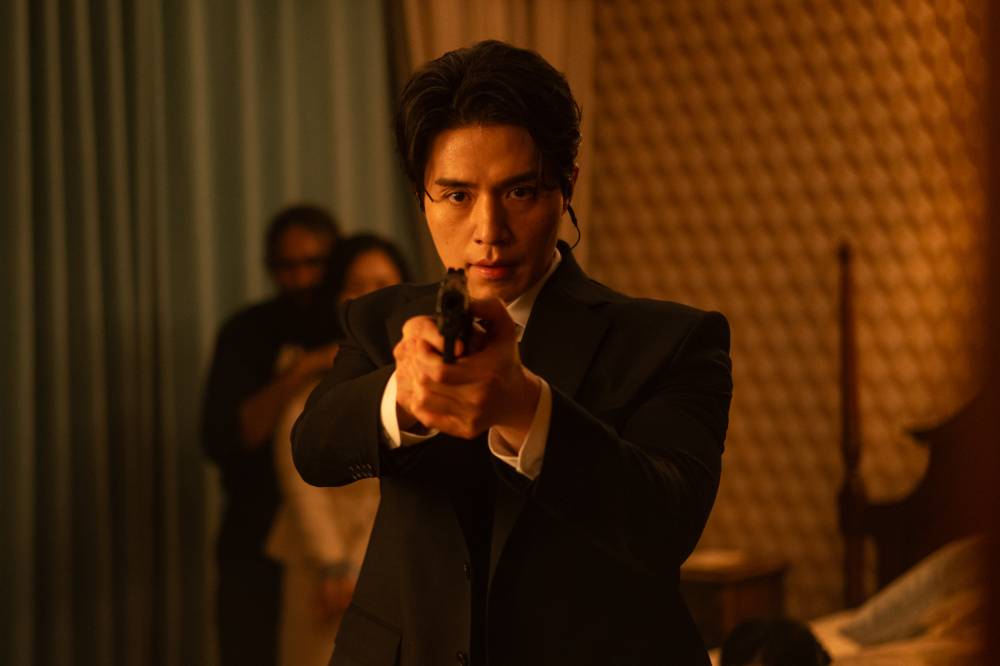
Korean releases to watch out for
The Disney+ 2026 Preview launch brought out big-named Korean celebrities such as Lee Dong Wook for the second season of “A Shop for Killers”; Ji Chan Wook and Doh Kyungsoo for the current series “The Manipulated”; Park Bo Young and Kim Sungcheol for “Gold Land”; and Hyun Bin, Jung Woosung, and Woo Do Hwan for “Made in Korea”, which is debuting on Dec. 24. The first episode of which is an explosive, smart thriller set in the tumultuous, politically-charged era of 1970s Korea.
Yes, K-dramas are a growing market for Disney+, even outside of Asia, which is why Disney+ is teaming up with Korean cable TV channel TVING to stream their original content in Disney+ Japan.
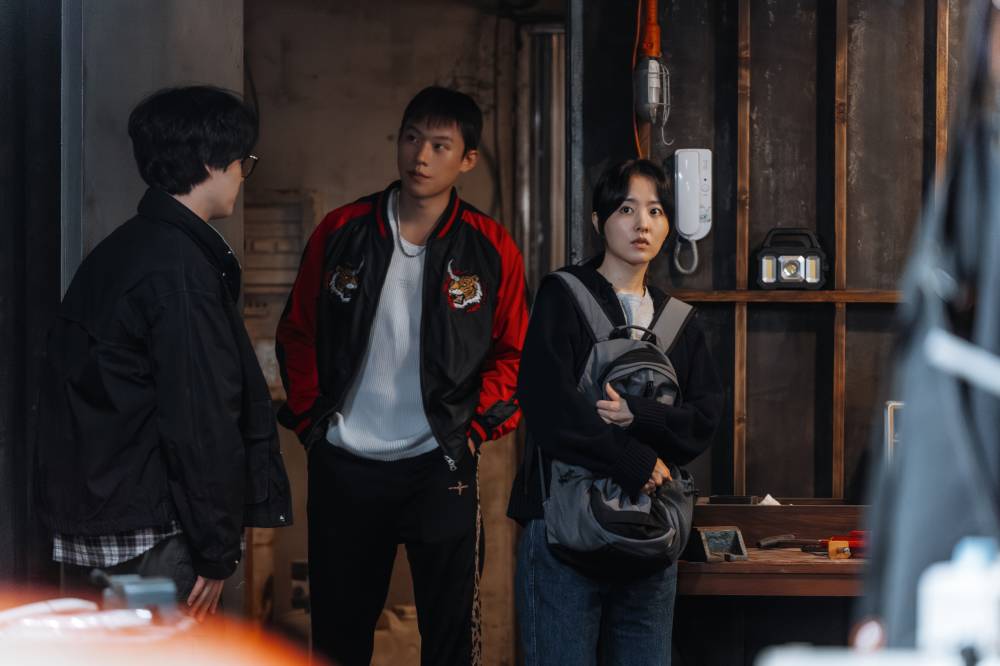
Japan as a center for great storytelling
Meanwhile, Japan has also been marked as a center for great storytelling, with Luke Kang, President of the Walt Disney Company Asia Pacific, sharing that anime titles have seen a 60 percent growth in countries outside of the Asia Pacific Region, with Brazil, France, and Mexico being singled out amongst the many.
Disney+’s latest original anime production, “Twisted Wonderland,” which originally started out as a video game, has become the #1 most-viewed Japanese original anime globally. Its success has ensured a season two and three, which are already in production. Their partnership with anime studio Kodansha continues with new seasons of hit shows like “Wan Dance”, “The Medalist” season two, and “Tokyo Revengers: War of the Three Titans Arc” (season 3).
In fact, it will also be collaborating with legendary Japanese game designer Hideo Kojima and director Takayuki Sano for “Death Stranding,” the anime series. It is a standalone series set in the world of the video game. “I wanted to share that world with people who don’t play video games, and I asked Sano to use the anime platform with what it does best,” Kojima says.
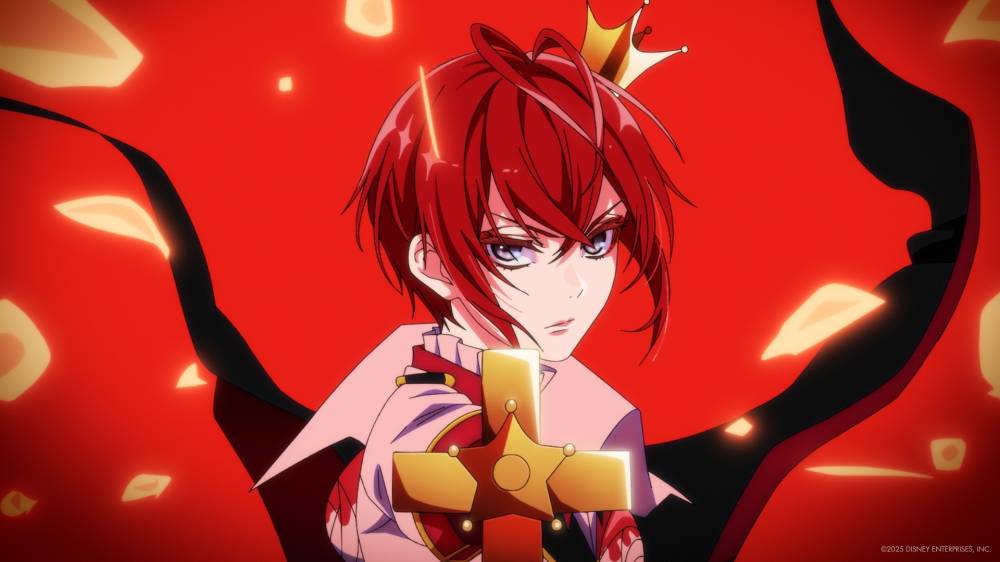
De-centering from the Western mold
Of the global shows, while new seasons of “The Bear” and “Percy Jackson and the Olympians” were previewed, the biggest stage was left for the highly acclaimed hit show of last year: “Shogun.” A whole panel was set up for showrunners Justin Marks and Rachel Kondo and lead star and producer Hiroyuki Sanada, so they can talk about the new season and field questions from the media guests.
This whole slate from one of the biggest studios in the world streaming market tells us of a seismic shift in the world of storytelling. The growth in interest in Korean and Japanese stories and storytelling structures like anime and K-dramas from outside of Asia is telling us that the global demand for narratives is de-centering from the Western mold. It’s what Kang talks about—how Disney+ was looking specifically for local stories in Korea and Japan that are authentic to those cultures, and leveraging the Disney brand to make these stories globally popular and successful.
Around the world, we are all looking for new kinds of stories and a different way of seeing the world. The news amplified by the growing rise of anti-colonial and post-colonial discussions on social media has given rise to an audience that grew up with the West being at the center of all discussions, but is now seeing this as a carefully laid out systemic propaganda. Culture will be reframed by the media that we consume.
Onwards and upwards
As much as the Disney corporation is a huge corporate empire, its push for Asian storytellers into the global market is something I can really rally behind. Because, after Korea and Japan, who’s next? Maybe China and Thailand? Why not us?
“Originality drives us to continually push the boundaries of storytelling,” shares Carol Choi, Executive Vice-President of Original Content Strategy of The Walt Disney Company Asia Pacific. And this can be seen with a rather incredible line-up of new works from Korea and Japan.
In my opinion, the biggest offering of their global shows is “Shogun,” which is a look into Japanese history, talking about its culture and development as a nation—told through their language, with a cast and creative team filled to the brim with Japanese people.
Originality. Such a powerful word, and in a film and series landscape that’s filled with remakes and reboots, everything coming out of Asia seems so vibrant and refreshing. Sure, a lot of these stories are coming from popular webtoons, but the stories have a different pulse and feel from the usual standard Western fare. The fact that South American countries and European countries, most especially France, are diving into Asian narratives is showing a huge demand for new plots, new characterizations, and new lessons.
This is where things are moving towards, and I’m so happy about that. I think it’s time we get used to watching things with subtitles. It could be so good for us to see what life is like in other countries—places that have also been colonized and have suffered from imperialism.
And maybe this is how we realign the global order. This is why films and series matter. Because it helps open up perspectives. It builds upon culture and allows us into the inner thoughts of other people. Their hopes and dreams and fears are all on display in a well-crafted show that is authentic to that region.
This is how the world begins to change.














